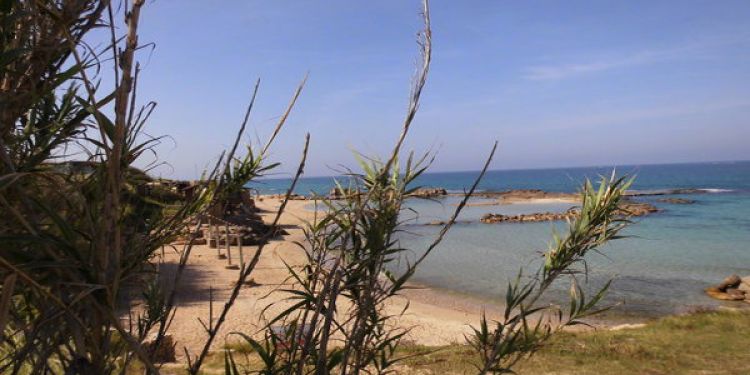
Can you introduce yourself to our members?
I am David, born in the US. However, I left the US just after receiving sufficient qualifications to work abroad, and until I came to Israel, I was living, working, studying, or just traveling all over the world.
Why did you choose to expatriate to Israel?
My wife got tired of the nomadic life, and so we looked around for a place to settle. Of all the choices (US, Russia, Germany, Israel), Israel appealed to us most. On the advice of friends who lived in Israel when we moved here, we selected Haifa.
What were the procedures to follow to move there?
Since I am not Jewish, all papers had to be filled out in Russia, my wife's native country. My wife's papers were in perfect order, but my unusual background gave rise to a four-month wait for my immigration visa. Once approved, however, the organization "Sochnut" arranged for the flight and transport from the airport to Haifa. There we stayed with friends (although we could have received up to one month's free lodging at the immigration center) until we found an apartment. Meanwhile, the Absorption Ministry gave us indications what further steps to take.
How long have you been in the country?

We have settled in Israel since the end of 2006.
What has attracted you to Haifa?
Haifa has a great diversity and climate. You never have a dull moment. (I had been to Israel twice before: once as a kibbutz volunteer many years ago, and once to visit friends.)
Are you currently working?
I am presently in early retirement, but I worked earlier in the an international school here as a mathematics teacher. My poor Hebrew prevented me from getting any good job in or around Haifa. I did not wish to move further south because my wife got a job near Haifa that she wishes to keep.
Still, can you give us an insight of Haifa's labor market?
Except for the field of hi-tech and menial labor, it is not easy to get a job in Haifa, and it is especially difficult if one's Hebrew is not good. Upon the advice of the Ministry of Education, I re-trained as an English teacher, but that was counter-productive, since the teaching program is all in English, so my Hebrew - which is very necessary, also for teaching English - actually deteriorated, lessening my chances for a post. Thankfully, I was able to get a job in a school where the language of instruction was English and where I could exercise my original profession as a mathematics teacher.
Did you have to find accommodation? What are the types of accommodation which are available there?
Accommodation is not hard to find if either you or a friend can read basic Hebrew and have Internet. But it is best for a new arrival to seek help, because there are many small details which are specific to Israel.

How do you find the Israeli lifestyle?
The question is too broad. Some aspects are pleasing, some are unpleasant.
Have you been able to adapt yourself to the country and to its society?
That was no problem for me, because I have had to adapt to widely diverse cultures in my life.
What has surprised you the most at your arrival?
At the airport, we were handed cash and put in a taxi to Haifa. Very generous, I thought. Another surprise: at the airport they insisted on changing my wife's surname to one which, in Russian, is a surname for a male.
Would you like to share any particular experience with us?
Shall I complain about people putting their feet up on the seats in the bus? Or mention that hyraxes are neither rabbits nor rodents?
What is your opinion on the cost of living in Israel? Is it easy for an expat to live in the country?
The cost of living is very high, partly because of the amount of things that are dependent on such imports as grain, etc. Manufactured goods are usually either of poor quality (mostly from China) or expensive. Fruits and vegetables are reasonably priced at the market (the "shouk"), but expensive in the supermarkets. Haifa has reasonably priced accommodation, but many cities such as Tel Aviv are very expensive.
How do you spend your leisure time there?

Mostly swimming, reading, studying, going to concerts or for walks in parks, and a few films at home. Occasionally I travel abroad.
What are the differences between life in the US and in Israel?
Not comparable, because I was over forty years younger, mostly occupied with my studies in the US.
Would you like to give any advice to future expatriates?
Concentrate on Hebrew above everything else for a while. Learn to recognize the numbers of telemarketers and hang up on them as soon as you hear a recording starting.
What are your plans for the future?
Enjoying life. Trying to understand Quantum Field Theory, and to improve my Hebrew. Trying to stay healthy as well.




















Comments
1